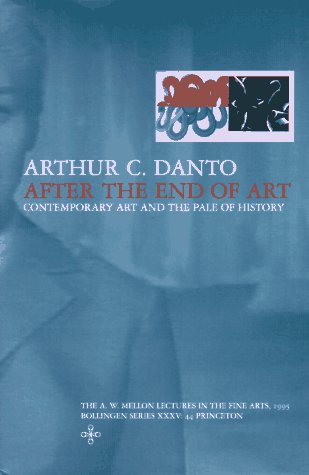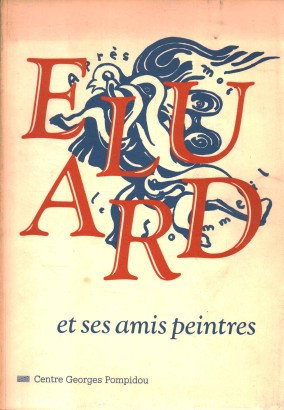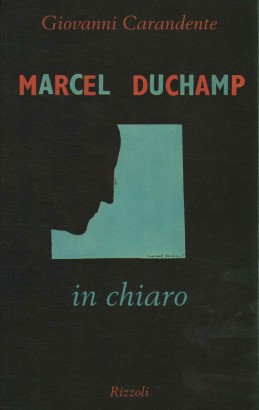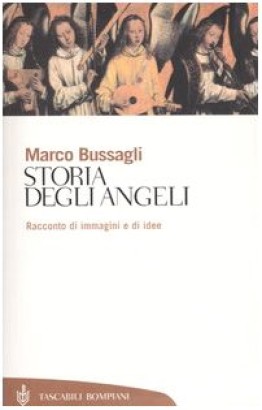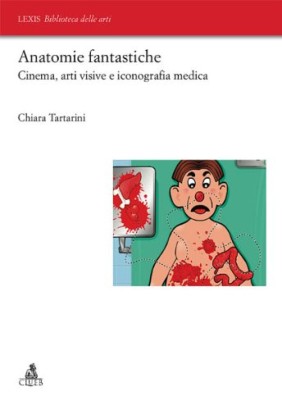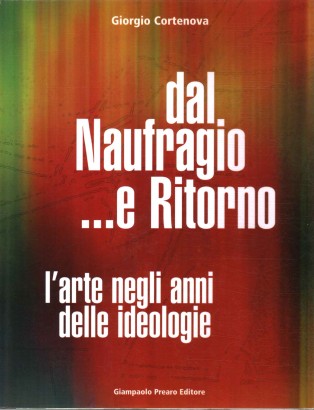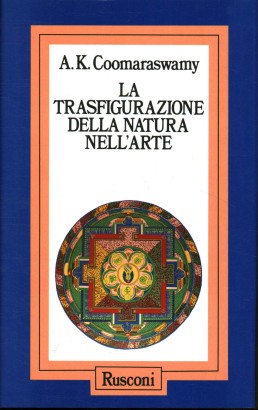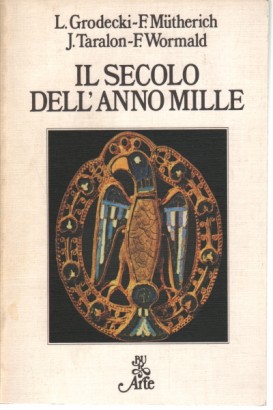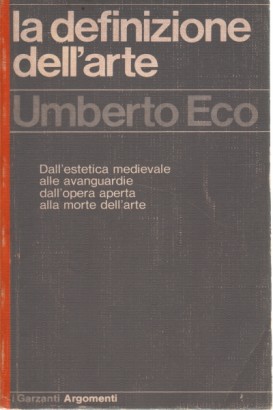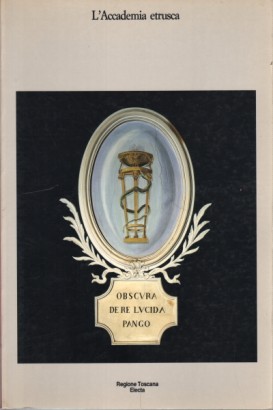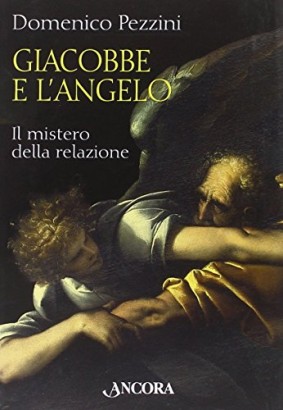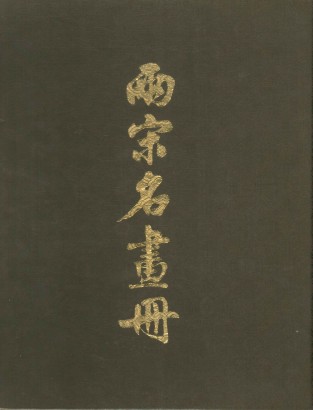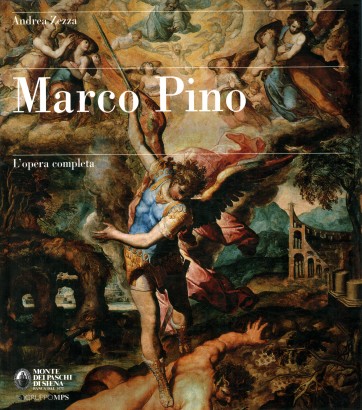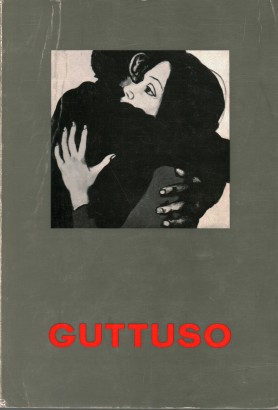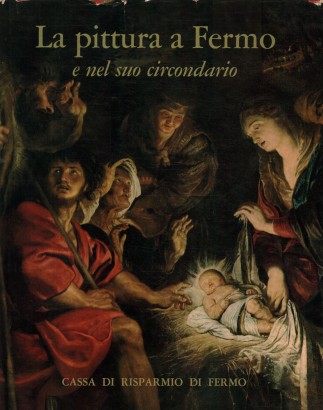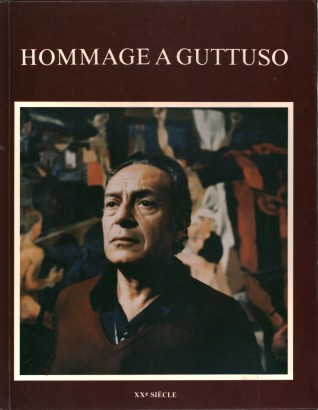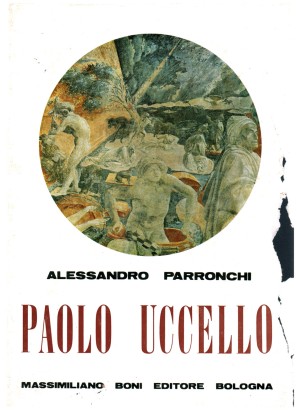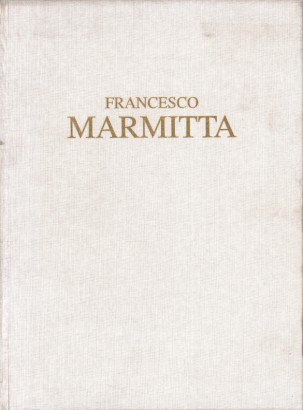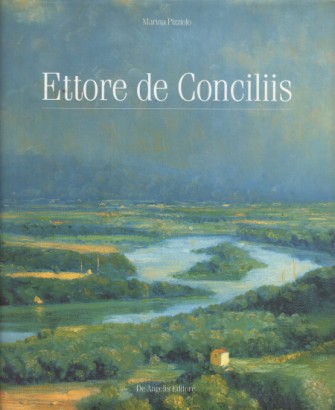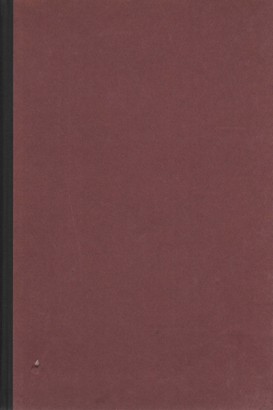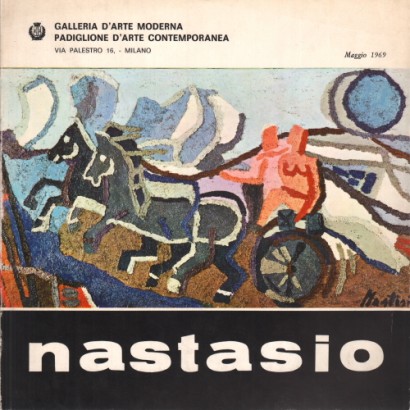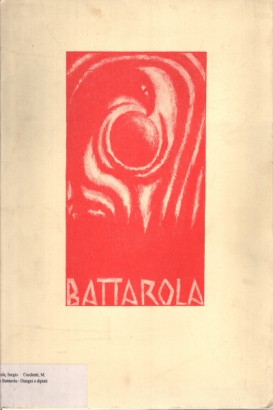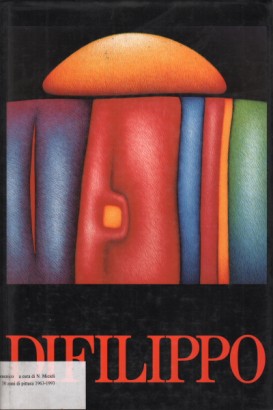After the End of Art - Contemporary art and the pale of history
Caractéristiques
Contemporary art and the pale of history
Auteur: Arthur Coleman Danto
Éditeur: Princeton University Press
Lieu d'impression: Princeton
Année de publication: [1997]
Over a decade ago, Arthur Danto announced that art ended in the sixties. Ever since this declaration, he has been at the forefront of a radical critique of the nature of art in our time. After the End of Art presents Danto's first full-scale reformulation of his original insight, showing how, with the eclipse of abstract expressionism, art has deviated irrevocably from the narrative course that Vasari helped define for it in the Renaissance. Moreover, he leads the way to a new type of criticism that can help us understand art in a posthistorical age where, for example, an artist can produce a work in the style of Rembrandt to create a visual pun, and where traditional theories cannot explain the difference between Andy Warhol's Brillo Box and the product found in the grocery store. Here we are engaged in a series of insightful and entertaining conversations on the most relevant aesthetic and philosophical issues of art, conducted by an especially acute observer of the art scene today.
Originally delivered as the prestigious Mellon Lectures on the Fine Arts, these writings cover art history, pop art, "people's art," the future role of museums, and the critical contributions of Clement Greenberg--who helped make sense of modernism for viewers over two generations ago through an aesthetics-based criticism. Tracing art history from a mimetic tradition (the idea that art was a progressively more adequate representation of reality) through the modern era of manifestos (when art was defined by the artist's philosophy), Danto shows that it wasn't until the invention of Pop art that the historical understanding of the means and ends of art was nullified. Even modernist art, which tried to break with the past by questioning the ways of producing art, hinged on a narrative.
Traditional notions of aesthetics can no longer apply to contemporary art, argues Danto. Instead he focuses on a philosophy of art criticism that can deal with perhaps the most perplexing feature of contemporary art: that everything is possible.
État du produit:
Exemple en bon état. Jaquette avec de légers signes d'usure sur les bords et des taches blanchâtres sur le premier. Coupes légèrement jaunies. Soulignement au crayon épars dans tout le texte. Annotation minime au crayon sur la première page de la garde. Texte en anglais. Texte en anglais. Livre en bon état.
Code ISBN: 0691011737
EAN: 9780691011738
Pages: XX 239
Format: Couverture rigide avec jaquette
Dimensions (cm):
Hauteur: 25
Largeur: 15
Description
Texte en anglais. Texte en anglais. Avec images n/b nt et ft
La disponibilité des produits
Disponibilité immédiate
Prêts à être livrés sous 2 jours ouvrables de la commande du produit.



